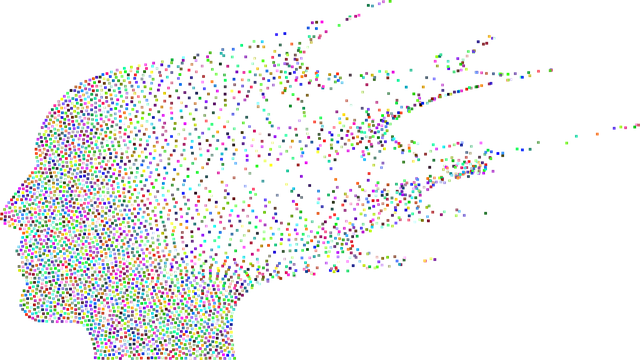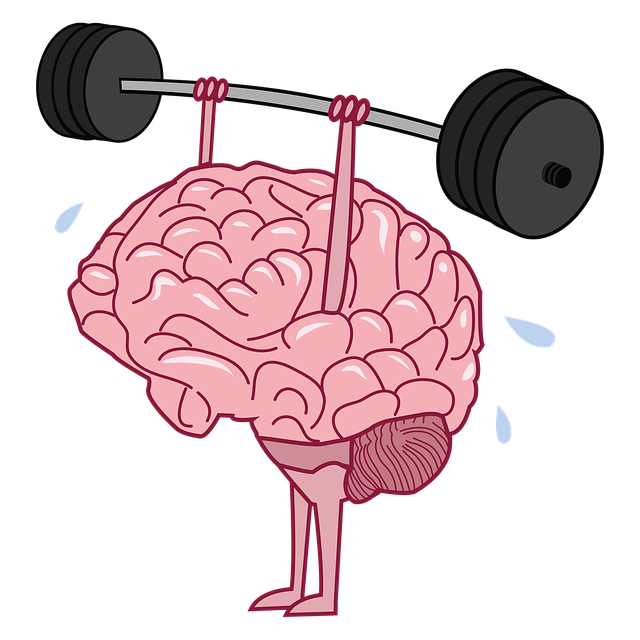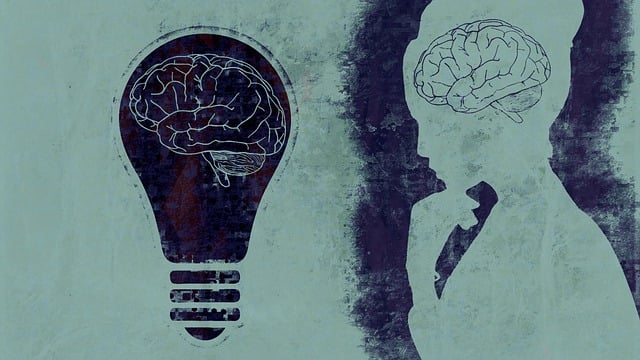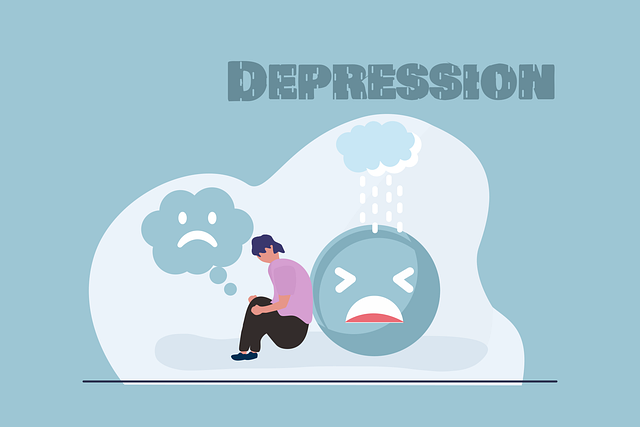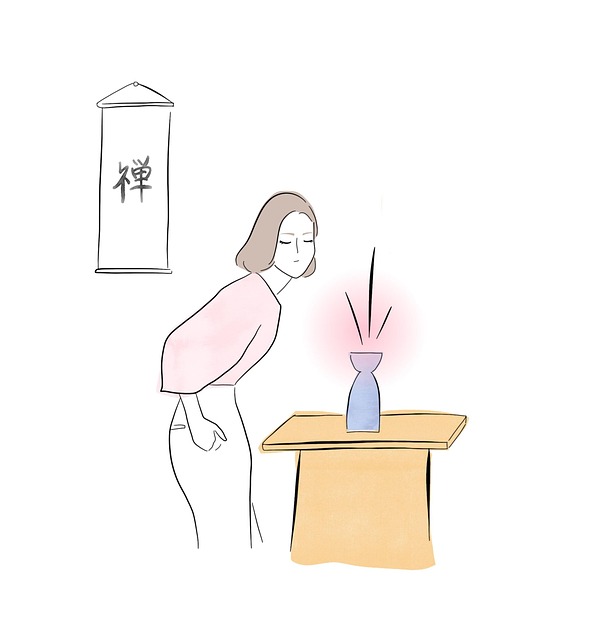Anxiety, when left untreated, can drive individuals towards substance abuse as a coping mechanism. To break this cycle, integrating specific therapeutic approaches is vital. Cognitive Behavioral Therapy (CBT) helps identify and alter negative thought patterns, promoting self-awareness and healthier coping strategies for anxiety disorders. Mindfulness practices like meditation calm minds and reduce stress, while exposure therapy gradually confronts fears to build coping skills. Holistic solutions, including lifestyle changes, regular exercise, healthy eating, and quality sleep, combined with a supportive network, are crucial for managing anxiety and achieving long-term recovery from therapy for Drug Abuse-Substance Abuse.
Anxiety is a common struggle, often linked to substance abuse, creating a complex cycle that requires effective management. This article explores powerful techniques to combat anxiety and achieve lasting relief, with a specific focus on addressing therapy for drug abuse—substance abuse. We delve into cognitive behavioral therapy (CBT), mindfulness practices, exposure therapy, and lifestyle adjustments, offering valuable insights for breaking free from the grip of anxiety and its associated substance misuse.
- Understanding Anxiety and Its Connection to Substance Abuse
- Cognitive Behavioral Therapy: A Powerful Tool for Managing Anxiety
- Mindfulness and Meditation Techniques for Calming the Mind
- Exposure Therapy: Facing Fears Head-On
- Lifestyle Changes and Support Systems for Lasting Relief
Understanding Anxiety and Its Connection to Substance Abuse

Anxiety is a natural response to stress, but when it becomes persistent and overwhelming, it can lead individuals down a path of substance abuse. Many people turn to drugs or alcohol as a means of self-medication to cope with anxiety symptoms, hoping to find temporary relief from their distress. However, this often compounds the problem, creating a cycle of dependency and heightened anxiety. Understanding the connection between anxiety and substance abuse is crucial in addressing these co-occurring disorders effectively.
Therapy for drug abuse, especially when combined with specialized Healthcare Provider Cultural Competency Training, can help individuals develop healthy coping mechanisms. Communication strategies taught during therapy sessions empower patients to express their feelings and needs, fostering a sense of control over their lives. Moreover, building resilience through various therapeutic techniques enables people to manage anxiety without resorting to substance use.
Cognitive Behavioral Therapy: A Powerful Tool for Managing Anxiety

Cognitive Behavioral Therapy (CBT) is a highly effective and evidence-based approach to managing anxiety disorders. This therapeutic method focuses on identifying and changing negative thought patterns and behaviors that contribute to feelings of anxiety and worry. By helping individuals gain self-awareness and develop healthier coping mechanisms, CBT empowers them to take control of their emotional responses.
In the context of substance abuse, CBT can be a powerful tool for dual diagnosis treatment, addressing both the addiction and underlying anxiety. Through self-awareness exercises and mood management strategies, individuals learn to regulate their emotions more effectively, reducing the likelihood of turning to substances as a coping mechanism. This therapy encourages a proactive approach to mental health, fostering long-term well-being and resilience.
Mindfulness and Meditation Techniques for Calming the Mind

Mindfulness and meditation techniques have emerged as powerful tools for calming the mind and managing anxiety. These practices involve focusing on the present moment, observing thoughts and feelings without judgment, and cultivating a sense of inner peace. Regular mindfulness meditation has been shown to reduce stress levels, improve emotional well-being promotion techniques, and enhance overall mental wellness. By training the mind to stay focused and aware, individuals can better navigate challenging situations and maintain a state of balance even in the midst of anxiety or substance abuse therapy for drug abuse-substance abuse.
One effective mindfulness meditation technique is to pay attention to one’s breath. Simply sitting quietly and concentrating on the sensation of air flowing in and out can help anchor the mind in the present, gradually quieting racing thoughts and calming anxious feelings. Additionally, incorporating mindfulness into daily activities like walking or eating can foster a deeper connection with the present moment and reduce the tendency to ruminate on worries or past experiences. These practices not only support individuals in managing their anxiety but also create a foundation for sustained emotional balance and improved mental health outcomes.
Exposure Therapy: Facing Fears Head-On

Exposure therapy is a powerful technique that helps individuals confront and overcome their fears head-on. This approach, often used in the context of therapy for drug abuse-substance abuse, involves gradually exposing the person to stressful or anxiety-provoking situations in a controlled and safe environment. By facing their fears, individuals can learn to manage and reduce their anxiety responses over time.
This process begins with identifying specific phobias or triggers that cause anxiety. Therapists then create a structured plan, starting with less intimidating scenarios and gradually escalating to more challenging ones. Through repeated exposure, patients develop coping skills and gain a deeper understanding of their fears. Eventually, they learn to respond to stressful situations with calmness and improved self-control, leading to better stress management workshops organization and overall anxiety relief. This technique has proven effective in various settings, including substance abuse treatment programs, where it assists individuals in managing their triggers and maintaining long-term recovery.
Lifestyle Changes and Support Systems for Lasting Relief

Lasting relief from anxiety often involves significant lifestyle changes and a strong support system. Incorporating regular physical activity, healthy eating habits, and adequate sleep can significantly reduce anxiety levels. Exercise, in particular, has been shown to boost mood and alleviate symptoms of stress and anxiety disorders. Additionally, fostering inner strength through practices like mindfulness meditation, deep breathing exercises, or yoga can empower individuals to better manage their anxious thoughts and feelings.
Building a robust support network is another critical aspect of managing anxiety effectively. Connecting with family, friends, or support groups can provide emotional backing and encouragement during challenging times. Public awareness campaigns play a vital role in destigmatizing mental health issues, encouraging people to seek help, and promoting the development of effective therapy for drug abuse-substance abuse, as well as other anxiety-related conditions. This collective effort fosters a more supportive society where individuals feel empowered to prioritize their mental wellbeing.
Anxiety management is a multifaceted approach, especially in addressing substance abuse. By understanding the connection between anxiety and drug addiction, individuals can embark on a path to recovery through various effective therapies. Cognitive Behavioral Therapy offers tools to challenge negative thought patterns, while mindfulness practices promote calmness. Exposure therapy empowers people to confront fears. Additionally, lifestyle changes and supportive communities play a pivotal role in sustaining long-term relief from both anxiety and substance abuse. These integrated strategies can transform lives, providing lasting peace and improved well-being.



